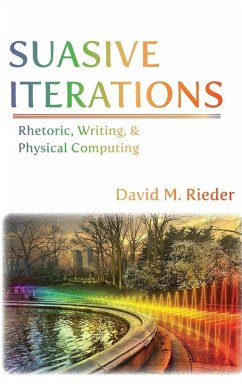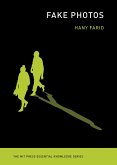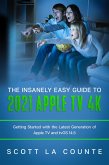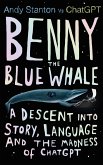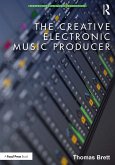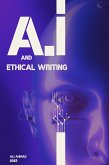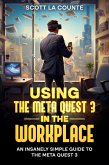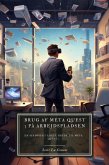The PC era is giving way to a new form of popular computing in which smart, globally-connected objects and environments are the new computational ground. This new ground is the exigence for a new approach to digital rhetoric and writing. In Suasive Iterations, Rieder calls for an approach that is grounded in a new canon of digital style. He explains that the growing range of microcomponents and -processes can be botanized for the new canon. Drawing on Claude Levi-Strauss' theory of bricolage, he describes his stylistic approach as a transductive science of the concrete, the goal of which is to engage audiences suasively by allegorizing aspects of the physical world to which the new era of microcomponents give us access. Suasive Iterations will appeal to scholars and practitioners-faculty and graduate students-in digital rhetoric, writing, digital humanities, and the digital arts. One of its innovative features is the inclusion of original, open-source programming projects for each of the four main chapters. The projects are written in/for Arduino, Processing, and the Kinect sensor. They are designed to highlight issues in the scholarly tradition.
Dieser Download kann aus rechtlichen Gründen nur mit Rechnungsadresse in A, D ausgeliefert werden.

